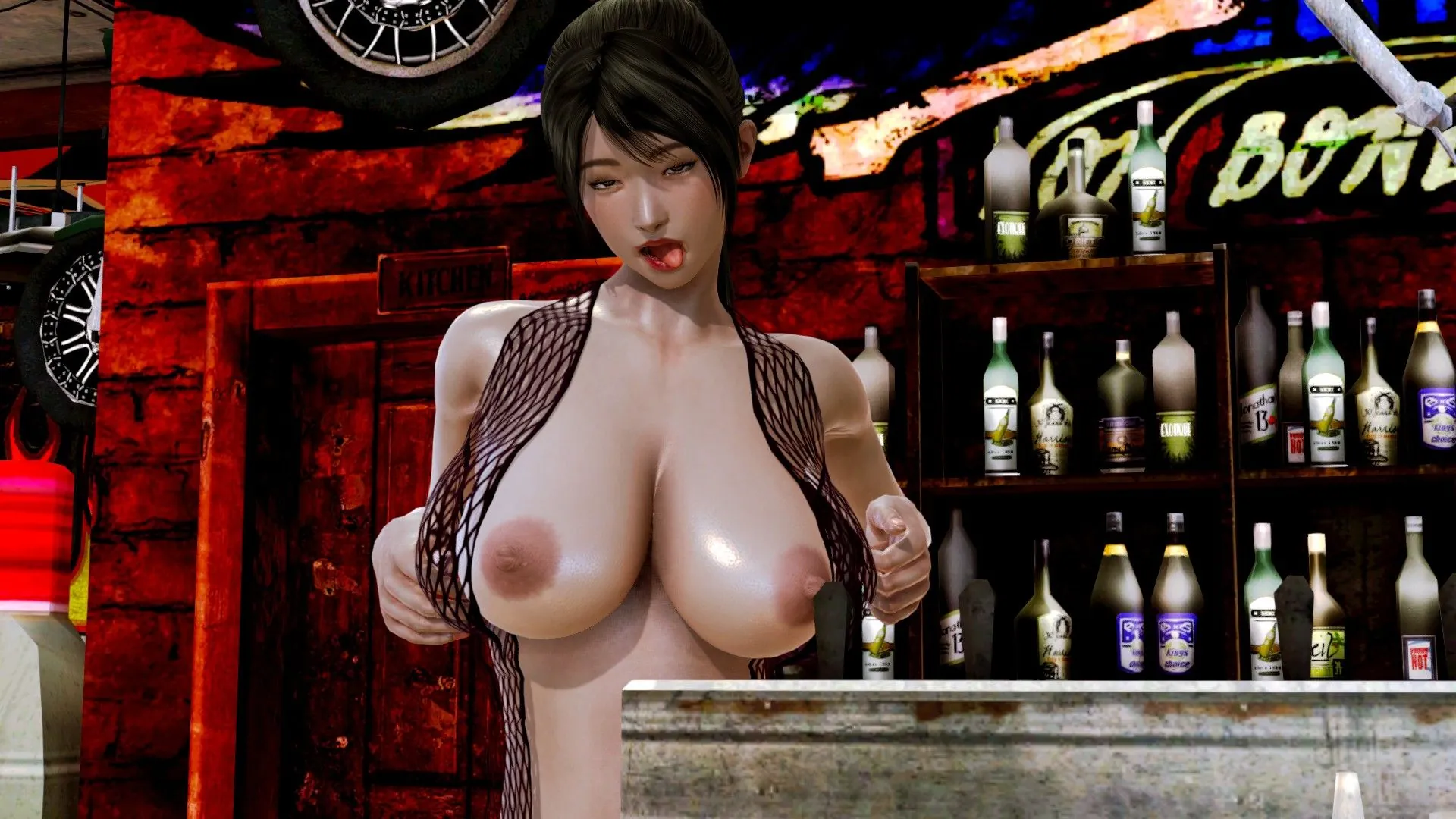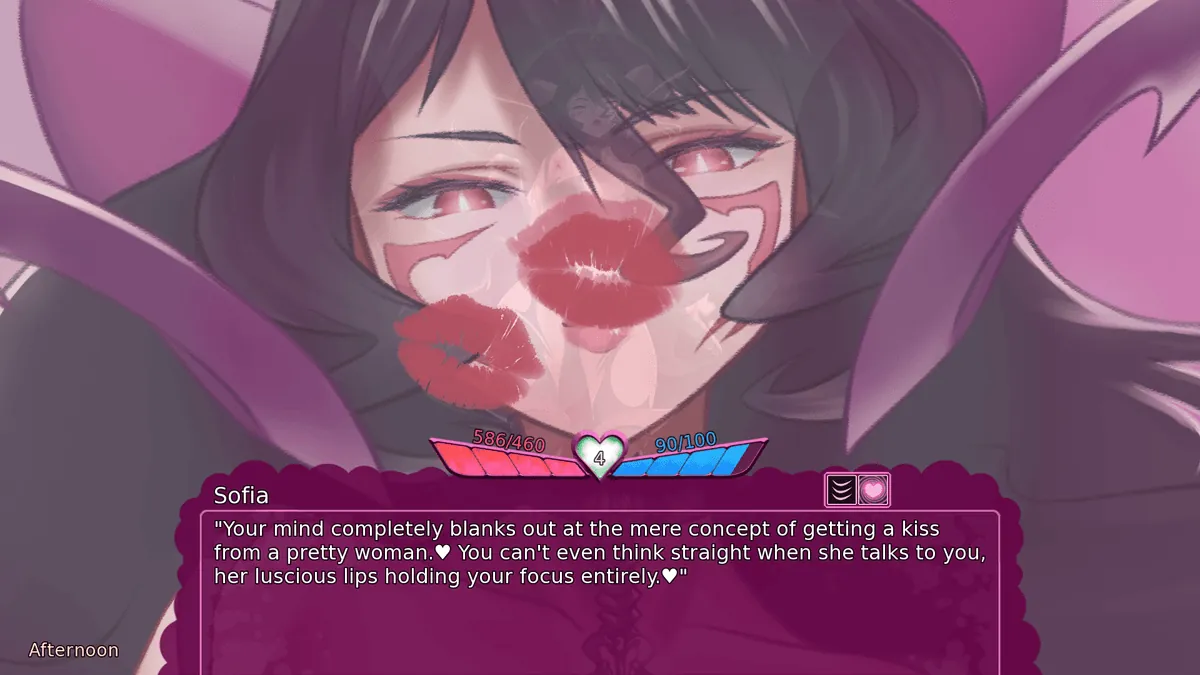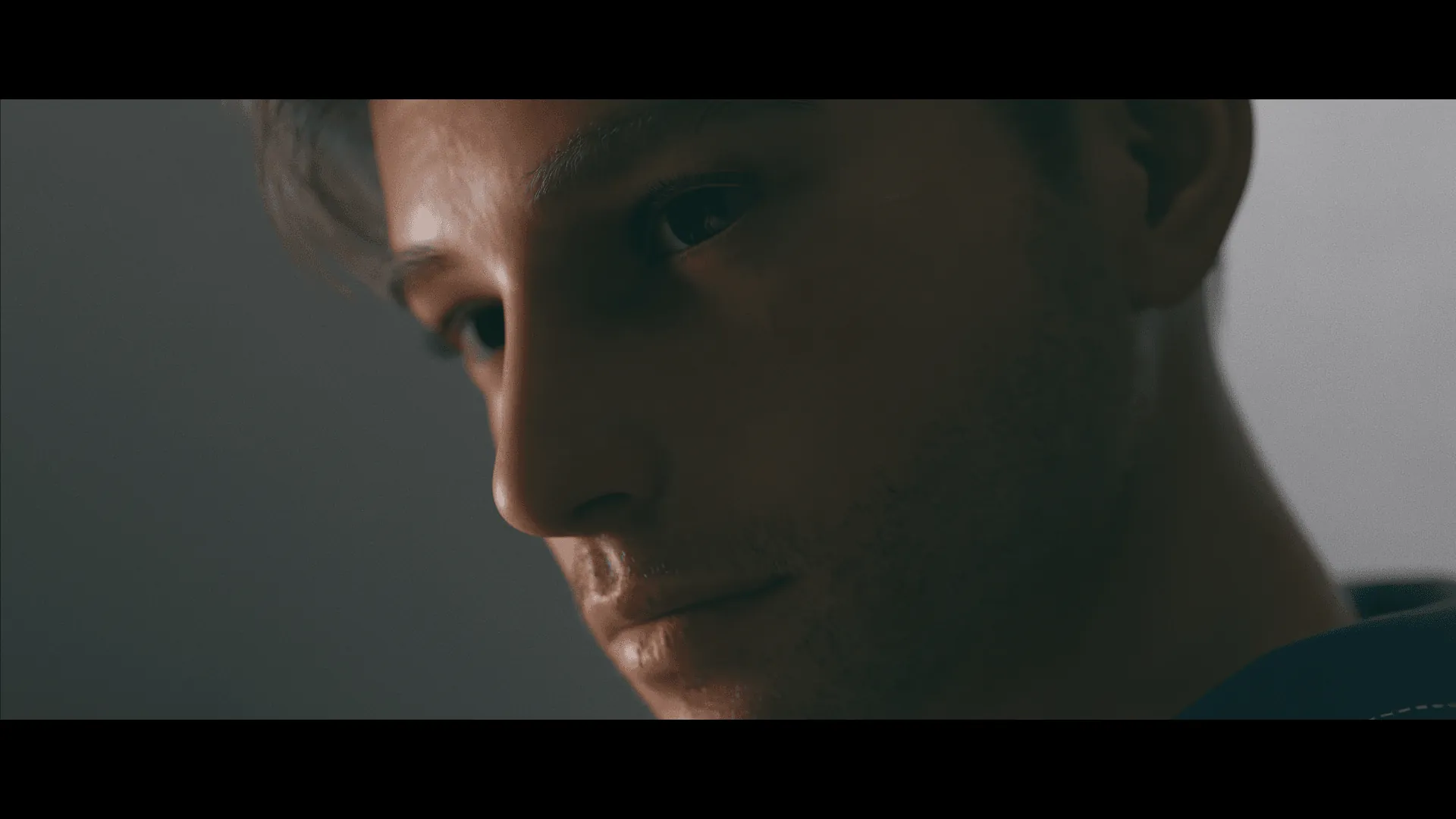
False Hero
Play False Hero
False Hero review
Explore the world, choices, and unique gameplay of False Hero
False Hero is a game that stands out for its unique approach to storytelling and player choice. Set in a world where your decisions shape the outcome, False Hero lets you explore different paths with each character. The game is known for its corruption-based mechanics, where your actions influence how relationships develop. If you’re curious about what makes False Hero special, how it works, and what kind of experience it offers, you’re in the right place. This article will guide you through the key aspects of the game, from its core mechanics to the impact of your choices.
Understanding False Hero’s Gameplay
Let me tell you about the first time I truly understood False Hero gameplay. I was playing as Kaelen, a well-meaning guardsman, and I had to decide whether to cover up a fellow guard’s petty theft. “It’s just a small thing,” I thought. “It builds camaraderie.” Fast forward twenty hours, and that same guard, emboldened by my earlier leniency, committed a brutal murder I could have prevented. I sat back, stunned. The game hadn’t just remembered my choice; it had woven it into the very fabric of its world. This is the heart of the False Hero experience—a system where every decision, no matter how small, has weight. 🎮
The core False Hero gameplay loop is deceptively simple: you explore, you talk, you make choices. But beneath that surface lies one of the most reactive and intricate narrative engines I’ve ever encountered. It’s not about choosing between a simple “good” or “evil” path; it’s about navigating a thousand shades of gray where the “right” decision is rarely clear. Your False Hero choices don’t just change the ending; they change the entire journey, moment by moment.
How Choices Shape the Story
In most games, your dialogue picks might change a line or two of conversation. In False Hero, they change lives, allegiances, and the political landscape of entire regions. The False Hero story is not a story you witness; it’s a story you write with every interaction.
I remember a pivotal moment in my second playthrough. A desperate mother begged me to retrieve a stolen family heirloom from a local gang. I had three options:
* Intimidate the gang leader (risking a violent confrontation).
* Pay them off (losing precious resources but keeping the peace).
* Convince the mother to let it go (preserving safety but crushing her spirit).
I chose intimidation, which succeeded. I felt like a hero! ✨ But weeks later in the game, that same gang, now humiliated and vengeful, ambushed and killed a key merchant who supplied my home base. The entire economy of my sanctuary suffered. The game had brilliantly connected two seemingly unrelated events, teaching me that False Hero choices are like stones thrown into a pond—the ripples extend far beyond the initial splash.
This is where the False Hero character development truly shines. Your protagonist isn’t a static hero. They are shaped by your actions. Showing mercy in a difficult situation might increase a “Compassion” trait, unlocking new diplomatic dialogue options later. Conversely, a ruthless decision might boost “Cunning,” opening paths of manipulation and threat. Your character’s personality is a direct reflection of your playstyle. 🧩
Exploring Different Paths
The concept of “paths” in False Hero is beautifully complex. You aren’t just locked into a single route. Instead, you’re constantly forging your own unique trail through the narrative wilderness. The False Hero paths available are less about destination and more about identity.
Will you be:
* The Reluctant Leader: Building a community and protecting it at all costs?
* The Cunning Opportunist: Playing factions against each other for personal gain?
* The Unyielding Idealist: Sticking to a strict moral code, even when it’s detrimental?
* The Pragmatic Survivor: Doing whatever is necessary to see another dawn?
I tried the “Unyielding Idealist” path once. It was hard. I turned down powerful alliances because the factions had questionable morals. I lost companions who thought I was naïve. Yet, this path unlocked a secret ending where a small, fiercely loyal group built a new society based on unwavering principles. It was a completely different story from my first, more pragmatic run. This False Hero branching narrative ensures that no two players will have the exact same experience.
Here’s a quick look at how some early-game decisions can steer you toward these broader paths:
| Key Decision | Immediate Consequence | Potential Long-Term Path Influence |
|---|---|---|
| Spare a defeated rival | Gain a temporary ally; lose reputation with a vengeful faction | Opens the “Redeemer” narrative branch; the rival may return to aid you later |
| Seize a disputed resource for your own base | Immediate resource boost; anger the local villagers | Steers you toward the “Pragmatic Survivor” path; villagers may later refuse to trade or rebel |
| Reveal a damaging truth to the public | Cause social unrest; lose trust of the ruling council | Aligns with the “Unyielding Idealist” path; empowers underground reformist movements |
The Role of Corruption Mechanics
Now, let’s talk about the system that truly sets False Hero apart: the corruption mechanics. This isn’t a simple “dark side” meter. Corruption in False Hero is a subtle, insidious force that represents the cost of power and the compromises you make to survive. 🐍
The False Hero corruption mechanics are woven into every aspect of the game. It’s not just about choosing an obviously “evil” option. You accumulate corruption in subtle ways:
* Using a forbidden, power-boosting magic to win an unwinnable fight.
* Accepting a tainted gift from a shady patron to fund your expedition.
* Sacrificing an innocent to save a larger group.
On my “Cunning Opportunist” path, I leaned into these mechanics. I started using a powerful, but corrupting, artifact to solve my problems. At first, it was fantastic! I was winning battles effortlessly, intimidating foes with a glance. But then, the changes started. 💀
My character’s dialogue options began to shift. Softer, more empathetic choices simply vanished from the wheel, replaced by colder, more calculating ones. My companions grew fearful. One, a paladin sworn to purge corruption, confronted me and I was forced to kill him. The game’s UI itself began to glitch and distort, visually representing my character’s deteriorating sanity.
This is the genius of the False Hero corruption mechanics. It doesn’t just change a number on a screen; it actively changes the False Hero gameplay and the False Hero story you have access to. High corruption unlocks incredibly powerful abilities and lets you dominate through fear, but it systematically burns your bridges, destroys relationships, and narrows your narrative possibilities. It’s a Faustian bargain where the price is your very soul.
The False Hero branching narrative is ultimately a masterpiece of player agency. You aren’t just picking from a list of endings; you are architecting a unique saga through thousands of interconnected decisions, shaped by the relentless and fascinating corruption mechanics. Your journey, your relationships, and your very identity are all in your hands. It’s a challenging, profound, and utterly unforgettable experience that will have you questioning every choice long after you’ve put the controller down. 🤔
False Hero offers a unique gaming experience where your choices truly matter. The game’s corruption-based mechanics and branching narratives create a dynamic world where every decision shapes the story. Whether you’re exploring different paths or diving into the impact of your actions, False Hero stands out for its depth and player agency. If you’re looking for a game that challenges you to think about your choices and their consequences, False Hero is definitely worth your time.






























